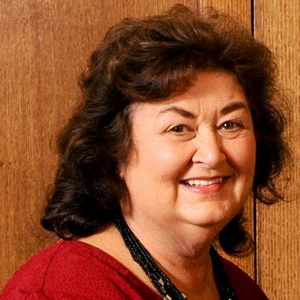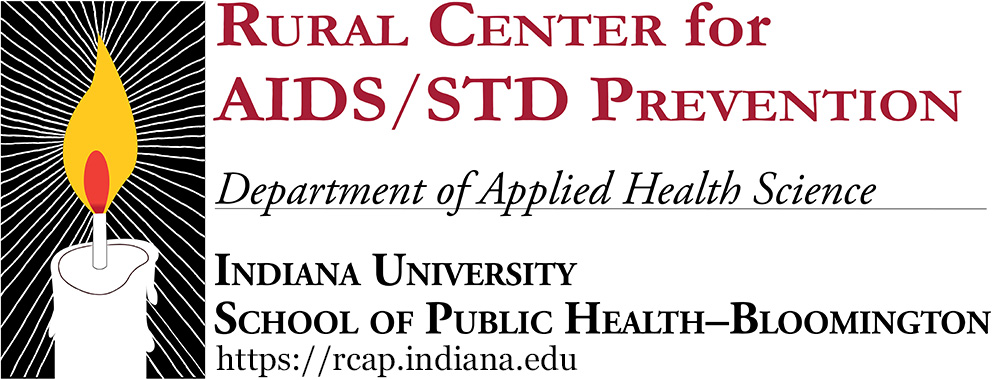Jeanne White Ginder, special assistant to the RCAP senior director, was recently interviewed for the Indiana University "A Conversation With…" campaign that addresses mental health issues, substance use disorder, stigma and other health issues. This student-led program was created by IU professors and acclaimed actress and mental health advocate Glenn Close. In her presentation, Jeanne discusses the stigma her son and family faced when Ryan was diagnosed with AIDS in 1984 from taking treatment for his hemophilia.

Description of the video:
My name is Jeanne White-Ginder, and I'm the mother of Ryan White. Ryan was born with
00:09
severe hemophilia, and he took a medicine called Factor VIII. Little did we know that the drug that
00:15
we thought was saving my son's life, it ended up being the drug that took their life because later
00:21
we learned it contained the HIV virus. They took a two-inch biopsy, and the results came back
00:27
that he had AIDS. And sure enough, in 1985, they started bringing in all hemophiliacs to clinics,
00:33
and almost 80 percent of them was all HIV infected. We thought we had all these medical
00:38
experts. We had the CDC, the NIH, we had all these famous infectious disease doctors
00:44
who supported Ryan. But local doctors testified that they wouldn't let their kids go to school
00:49
with Ryan, and they wouldn't treat Ryan if he'd been a patient of theirs. So the medical community
00:54
was in such a disarray because they didn't know about AIDS. You know, they were confused about
01:01
how AIDS might be transmitted. When he finally won the right to go back to school,
01:04
there was all these things that he had a separate restroom, he had to eat off disposable
01:10
eating utensils and trays. And he was telling them they don't, "You don't have to be afraid of me,
01:15
you can't get AIDS from me,” and how you get AIDS and all that. I’d go to the grocery store.
01:20
See, people would take my money, but in giving me my change, they would like be so obvious that
01:26
they didn't want to touch me. We had trash dumped in our yard. It was, it was just, it was really,
01:30
really cruel. We had a bullet hole shot through our window. He said, "When you don't know about
01:34
something, you're going to be afraid of it. That's why we have to continue to educate people."
01:39
When the rumors were flying that we were moving into the neighborhood in Cicero, the first day,
01:44
five kids stopped by the house to introduce themselves to Ryan, because Jill Stewart,
01:48
who lived three doors down, Jill went to school and said, “Let's make Ryan White welcome here.”
01:54
Kids need to be able to know that they can make a difference in other people's lives. You can either
01:59
take the bad road or get the facts and then spread those facts. He accomplished something through the
02:06
Ryan White Care Act, I mean, he was able to do that. I mean, he didn't get the meds and the
02:11
treatment, but because of him, other people are getting their meds and treatment and able to live
02:16
long, productive lives. I think with Ryan, he wanted to look forward to what he can do tomorrow
02:22
or what he could do a year from now. I mean, he never stopped thinking, “Well, I'm going to go
02:26
to IU.” You have to have dreams and you have to have a will I think to try to get to those
02:32
dreams. You can't ever give up, and I think that's what Ryan's philosophy would be: never give up.


